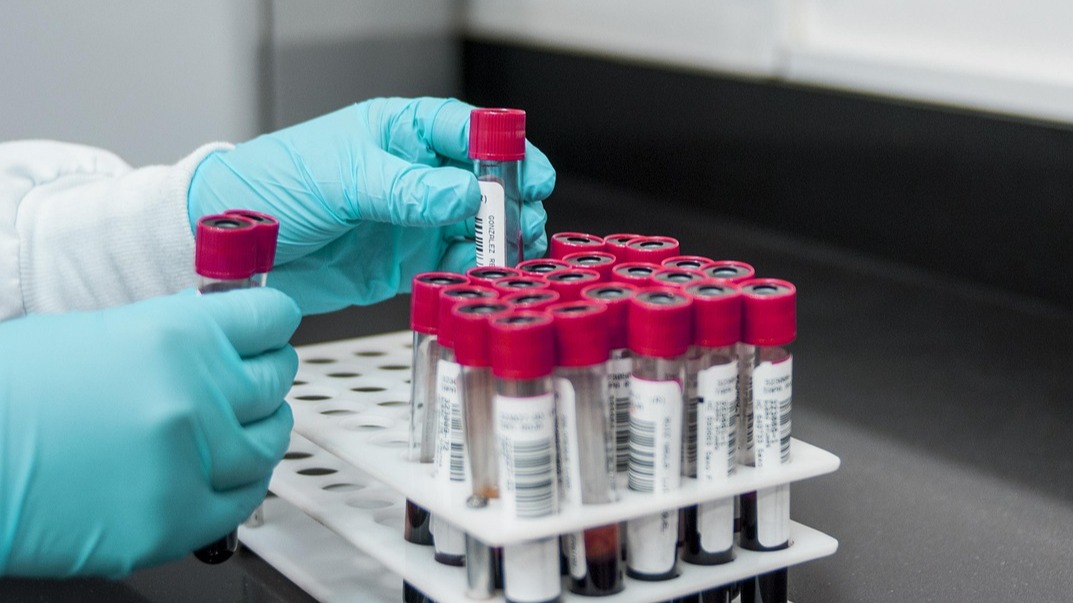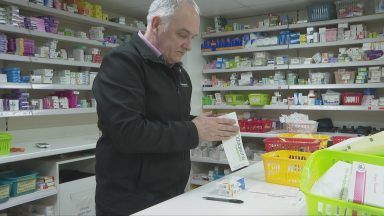Researchers have developed the first-ever blood test capable of diagnosing myalgic encephalomyelitis, also known as chronic fatigue syndrome.
There is no current test for the condition, which is characterised by sufferers struggling with extreme tiredness. It is also known as ME or CFS, and its exact cause is unknown.
Estimates suggest that more than 400,000 people in the UK are impacted by the condition. Patients are usually diagnosed based on symptoms, which leaves some waiting years for a diagnosis.
The new test has been hailed as a “breakthrough” in ME research.
Lead researcher Professor Dmitry Pshezhetskiy, from the University of East Anglia’s Norwich Medical School, said: “We know that some patients report being ignored or even told that their illness is ‘all in their head’, with no definitive tests, many patients have gone undiagnosed or misdiagnosed for years.
“We wanted to see if we could develop a blood test to diagnose the condition – and we did.
“Our discovery offers the potential for a simple, accurate blood test to help confirm a diagnosis, which could lead to earlier support and more effective management.”
The NHS describes the four main symptoms of the condition as constant and extreme tiredness, sleeping problems including insomnia and oversleeping, brain fog and symptoms worsening after physical or mental activity.
There is no cure for ME, with the NHS website stating therapy, medication to help sleeping and energy management among ways patients can manage symptoms.
Scientists developed the test by finding a unique pattern appearing in the blood samples when comparing 47 patients with ME and 61 healthy adults.
Writing in the Journal of Translational Medicine, experts said the test has a 92% likelihood of a test being positive if that patient has the condition.
Other experts called for more studies to confirm the finding, and for the test to be assessed among a wider population of patients.
Professor Chris Ponting, chairman of medical bioinformatics at the University of Edinburgh, added: “This test needs to be fully validated in better-designed and independent studies before it is considered for clinical application.
“Even if validated, the test will be expensive, likely (about) £1,000.”
Follow STV News on WhatsApp
Scan the QR code on your mobile device for all the latest news from around the country






























